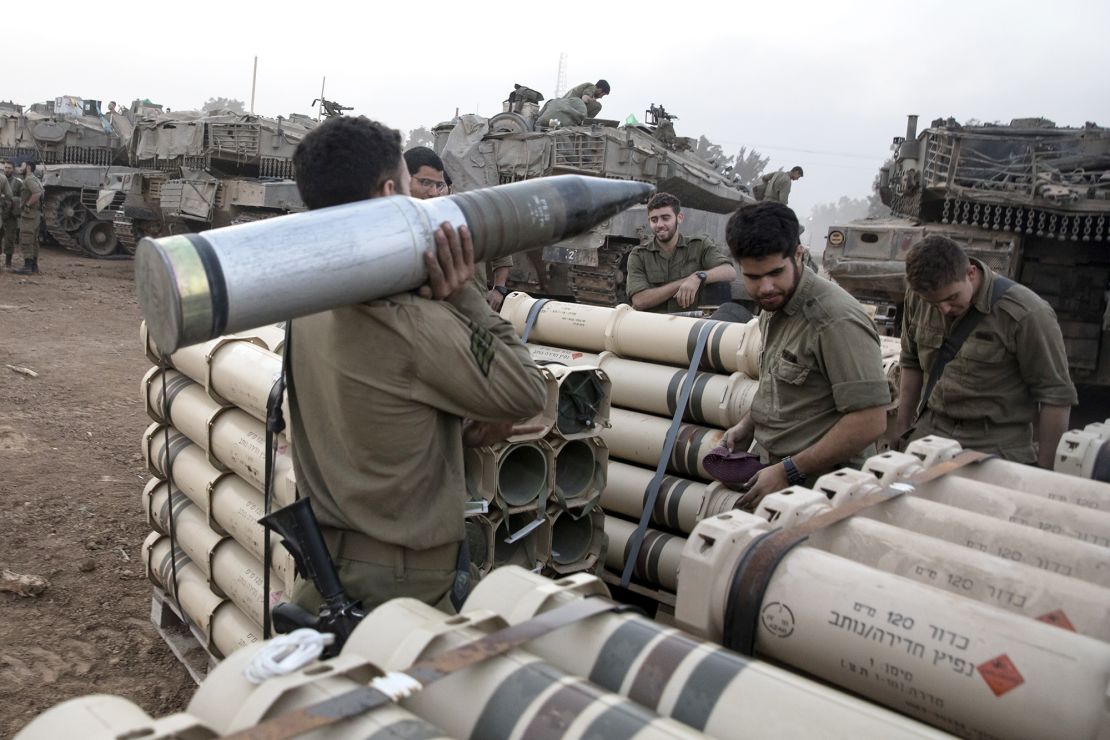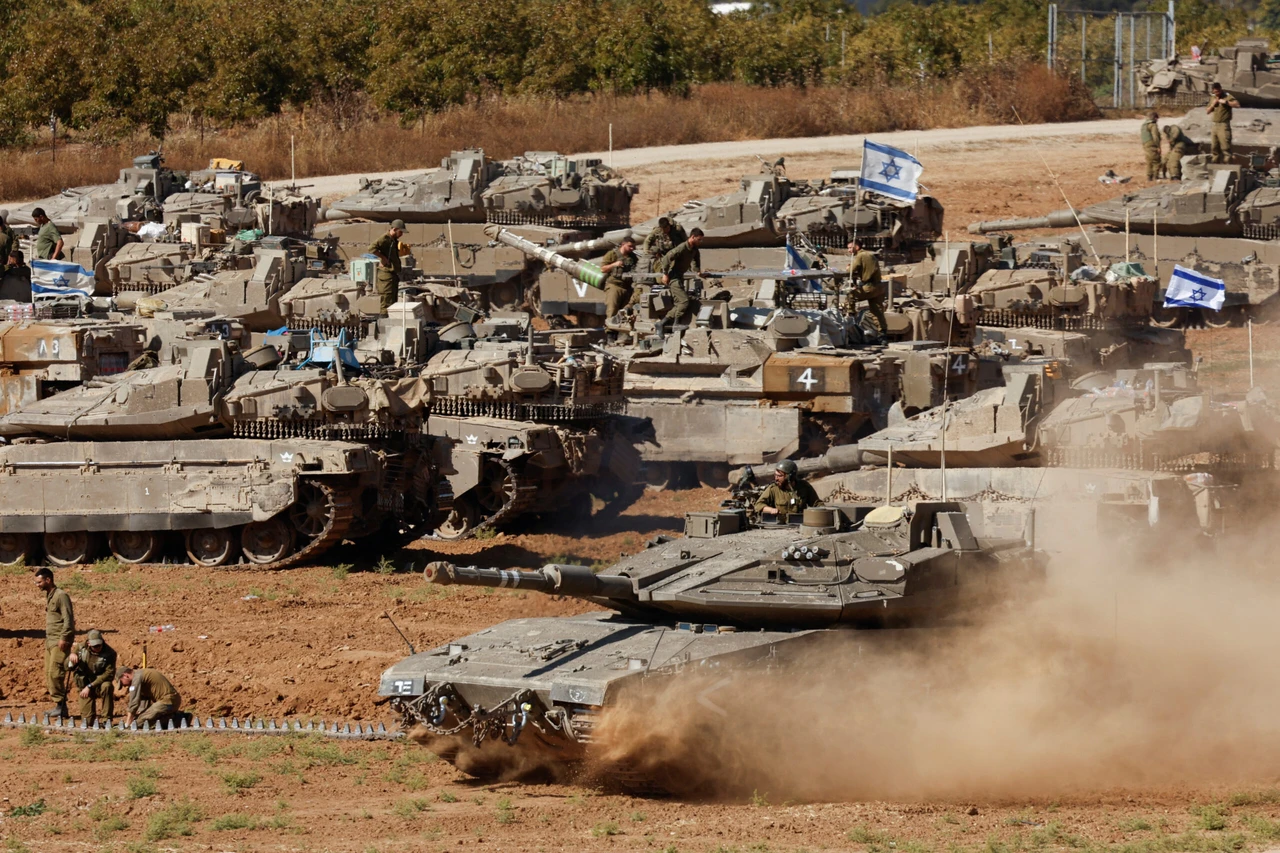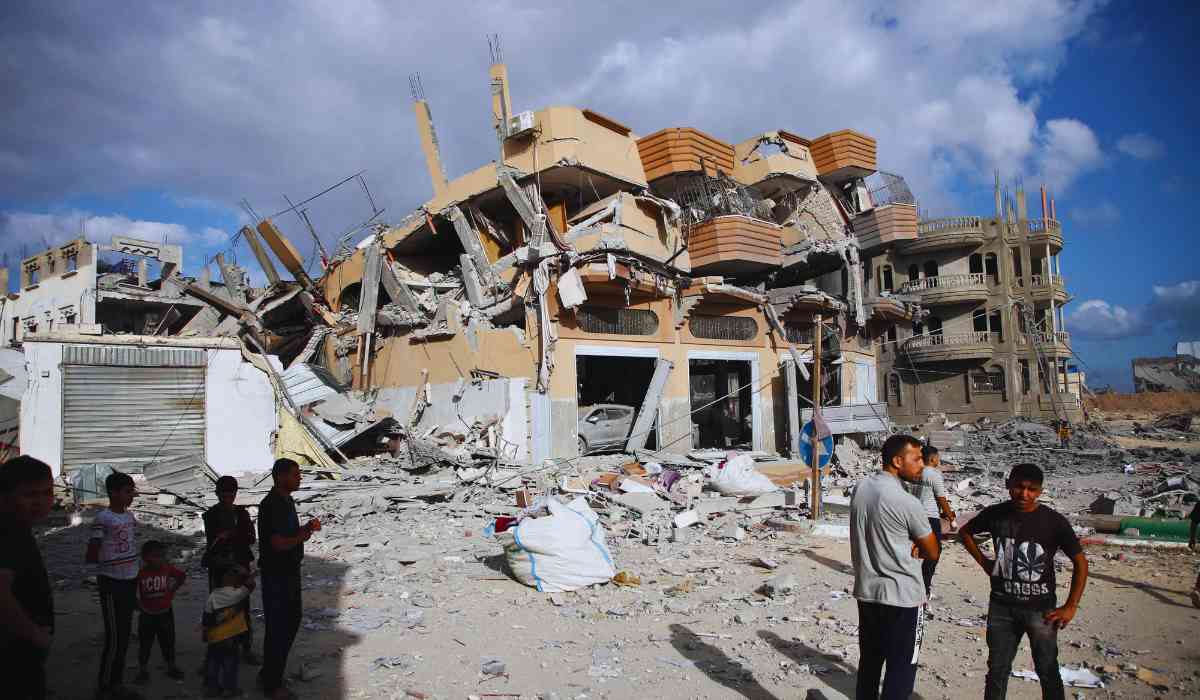The world woke up to shocking news on June 13, 2025: Israel had launched a massive military attack on Iran, targeting nuclear sites, missile factories, and the homes of top commanders. This sudden escalation has sent shockwaves through global financial markets, sparking fears of a wider war in the Middle East and raising questions about what comes next for the region and the world economy.
What Happened?
In the early hours of Friday, Israel began what it called "Operation Rising Lion," striking at least six military bases around Tehran and key nuclear facilities, including the well-known Natanz enrichment site. Israeli officials said the operation aimed to stop Iran from developing nuclear weapons, claiming that Iran was just days away from having enough material to build as many as 15 nuclear bombs.

Iranian state media reported that several top military leaders, including the commander of the elite Revolutionary Guards, were killed. Tragically, the strikes also hit residential areas, resulting in civilian casualties, including children. Israel declared a nationwide state of emergency, bracing for possible missile and drone retaliation from Iran.
How Did the Markets React?
As soon as the news broke, stock markets around the world plunged. Investors rushed to sell off risky assets, fearing that the conflict could disrupt oil supplies, increase energy prices, and trigger a broader economic crisis. Oil prices soared, and safe-haven assets like gold and the US dollar jumped in value as people looked for security in uncertain times.
-
Stock Markets: Major indices in Asia, Europe, and the US fell sharply, with some experiencing their worst drops in years.
-
Oil Prices: Brent crude and other benchmarks surged, reflecting concerns that fighting in the Middle East could choke off vital oil exports.
-
Currency Markets: The US dollar and Japanese yen strengthened as investors sought stability.
Why Does This Matter?
The Middle East is a crucial region for the world’s energy supply. Any conflict there can quickly affect oil prices, which in turn impacts everything from the cost of transportation to the price of goods in stores. When oil prices rise, it can lead to inflation, making life more expensive for people everywhere.
_1749795808.png)
But the stakes are even higher. This conflict is not just about Israel and Iran. Other countries in the region—and even global powers—could get pulled in. The United States, for instance, has said it was not involved in the attack, but confirmed it knew about it in advance and reiterated its opposition to Iran developing nuclear weapons. The risk of a wider war, involving more nations and possibly even non-state actors, is very real.
What Are the Risks Ahead?
-
Regional Escalation: Iran has vowed revenge, and tensions are running high. If Iran retaliates, Israel may respond again, creating a dangerous cycle.
-
Global Energy Crisis: Prolonged fighting could disrupt oil shipments through the Persian Gulf, causing prices to spike further.
-
Economic Uncertainty: Investors hate uncertainty. Prolonged conflict could slow down global economic growth, hurt jobs, and make borrowing more expensive.
-
Humanitarian Concerns: Beyond the headlines, ordinary people in both Israel and Iran—and possibly neighboring countries—face the risk of violence, displacement, and hardship.
Looking Beyond the Headlines
This is not the first time the Middle East has been rocked by conflict, but the scale and focus of Israel’s latest operation are unprecedented. By targeting Iran’s nuclear and military infrastructure so directly, Israel has raised the stakes dramatically. The decision was driven by fears that Iran was on the brink of becoming a nuclear-armed state—a scenario Israeli leaders have long called a "red line."

However, history shows that military action often brings unintended consequences. While Israel hopes to set back Iran’s nuclear program, the strikes could also harden Iranian resolve, rally support for the government, and trigger new waves of violence. For the global economy, the uncertainty is just beginning.
What Happens Next?
World leaders are calling for calm, but the situation remains tense. Diplomats are working behind the scenes to prevent further escalation, but with both sides digging in, the path to peace looks uncertain.
For now, investors and ordinary people alike are watching closely, hoping that cooler heads will prevail. The coming days will be crucial in determining whether this crisis deepens or if there is a chance for dialogue and de-escalation.

In summary, Israel’s attack on Iran has thrown the Middle East—and the world’s markets—into turmoil. The conflict raises serious risks for regional stability, the global economy, and millions of ordinary people. While the future is uncertain, one thing is clear: what happens in the Middle East affects us all.
With inputs from agencies
Image Source: Multiple agencies
© Copyright 2025. All Rights Reserved Powered by Vygr Media.

























